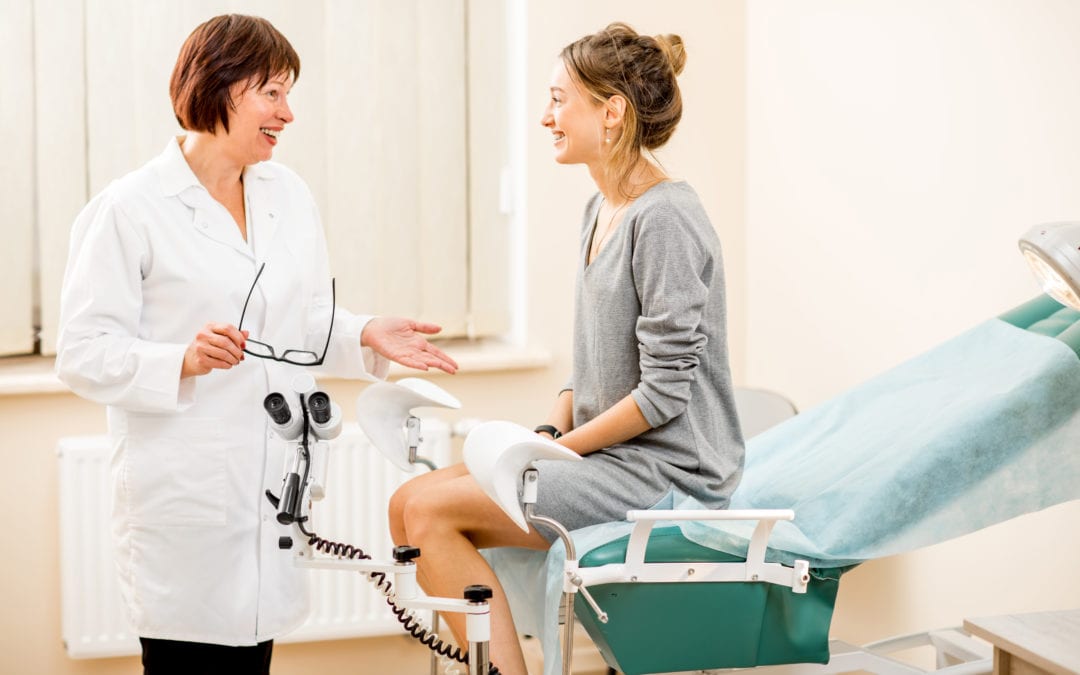January is Cervical Health Awareness Month – one of the most common cancers among women. While the risks for cervical cancer are often unknown by most people, in some instances, there are preventative steps that can be taken.
Understanding Cervical Cancer
The vast majority of cases occur due to the human papillomavirus (HPV), a sexually transmitted disease. While the majority of HPV cases are harmless, some will develop into cervical cancer.
It is possible to treat cervical cancer, and most people who catch it early have a fairly good chance of survival with proper treatment. That having been said, it is much easier to prevent the problem than it is to treat it after the fact.
Why Get Screened?
Finding cancer as earlier as possible allows us the opportunity to identify and treat it while it is still a relatively small problem. The most common screening method for cervical cancer is the pap smear, which detects precancerous cells. Those are the changes in the cells that happen before they become cancerous. We can also test for HPV which can lead precancerous cells to form.
If we do discover any risks or signs of cancer, we can take action to treat them. Early detection can save a lot of time and discomfort while also increasing the odds of a successful recovery.
Maintaining cervical health is the main reason we encourage women to get regular pap smears. It is common for most women to start regular pap smears when they turn 18 or when becoming sexually active.
Reducing the Risk
Getting screened is the most important way to reduce your risks, but there are also other important preventative tools.
The HPV vaccine is a great tool because it reduces the risk of getting infected with HPV. The CDC advises it for specific populations, and people in those groups should certainly talk to their doctors about it. Those who don’t know if they need it should make a point of asking their doctors to make sure they’re covered if they do need it.
Condoms can also help by blocking the transmission of HPV during sexual activity. They are not completely effective, but every little bit helps when it comes to staying safe.
Smoking increases the risk of developing cervical cancer and many other diseases. While quitting may be difficult, there are prescriptions and smoking cessation programs that may be able to help. If you are concerned about your risks for cervical cancer or would like to schedule a screening, contact us today to set up an appointment.

